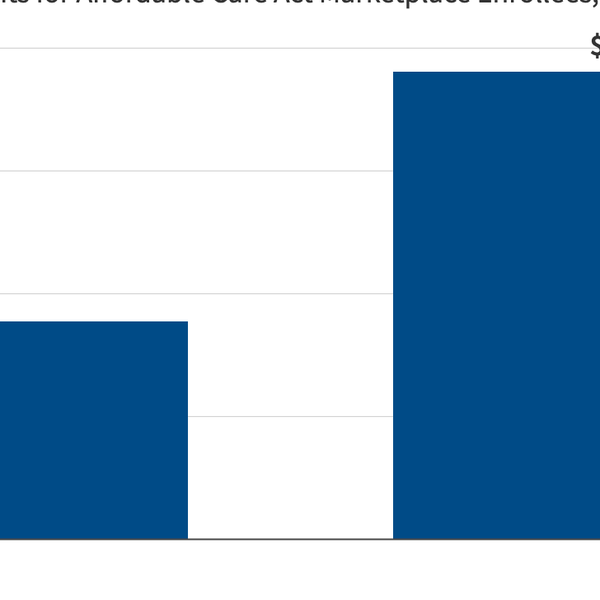
Roger Stone, a longtime Trump adviser who has been communicating with WikiLeaks through an intermediary, is claiming that the group will release documents this Wednesday intended to damage Hillary Clinton. Earlier this year, WikiLeaks released documents intended to hurt Democrats that experts say were obtained from Russian intelligence groups who illegally hacked the Democratic National Committee (DNC).
Stone tweeted early Sunday morning, “Wednesday@HillaryClinton is done. #Wikileaks.”
In July, Wikileaks released internal emails from the DNC leadership that had been stolen from the DNC’s servers. U.S. intelligence agencies and private cybersecurity experts reportedly believe that the Russian government was behind that email theft. Russian hackers are also believed to have hacked the Clinton campaign, the Clinton Foundation, and the Democratic Congressional Campaign Committee. The top Democrats on the House and Senate Intelligence Committees have said that “Based on briefings we have received, we have concluded that the Russian intelligence agencies are making a serious and concerted effort to influence the US election.”
Wikileaks and its founder Julian Assange have engaged in a war against Clinton for several months, includingsuggesting that a DNC staffer had been murdered because he was the “real” source of the hack. Assange said in August that he has “thousands of pages of material” that will be released in order to damage Clinton’s presidential run.
Stone, a racist, sexist conspiracy theorist with a decades-long association with Trump, said in an August speech that he has “communicated with Assange. I believe the next tranche of his documents pertain to the Clinton Foundation but there’s no telling what the October surprise may be.” On September 26, he said that “A very good friend of mine is on his way to London even as we speak to talk to him. I will get a report shortly.”
A July 25 article by King’s College security studies professor Thomas Rid, posted at Vice Media’s Motherboard, warned journalists against treating these and future stolen documents as reliable sources, because “the metadata show that the Russian operators apparently edited some documents”:
Stolen documents leaked in an influence operation are not fully trustworthy. Deception operations are designed to deceive. The metadata show that the Russian operators apparently edited some documents, and in some cases created new documents after the intruders were already expunged from the DNC network on June 11. A file called donors.xls, for instance, was created more than a day after the story came out, on June 15, most likely by copy-pasting an existing list into a clean document.
Although so far the actual content of the leaked documents appears not to have been tampered with, manipulation would fit an established pattern of operational behaviour in other contexts, such as troll farms or planting fake media stories. Subtle (or not so subtle) manipulation of content may be in the interest of the adversary in the future. Documents that were leaked by or through an intelligence operation should be handled with great care, and journalists should not simply treat them as reliable sources.
Politico has also reported on the possibility that any leaked emails or documents could contain forgeries:
Last month, a bipartisan group of 32 national security experts at the Aspen Institute Homeland Security Group warned of a specific type of fakery following the DNC hack, arguing that the suspected Russian hackers who struck the DNC and the Democratic Congressional Campaign Committee could “salt the files they release with plausible forgeries.”
[…]
But hacking specialists say the most harmful information might not even be genuine.
“You may have material that’s 95 percent authentic, but 5 percent is modified, and you’ll never actually be able to prove a negative, that you never wrote what’s in that material,” CrowdStrike co-founder Dmitri Alperovitch told Politico. “Even if you released the original email, how will you prove that it’s not doctored? It’s sort of damned if you do, damned if you don’t.”
Reprinted with permission from Media Matters for America.








